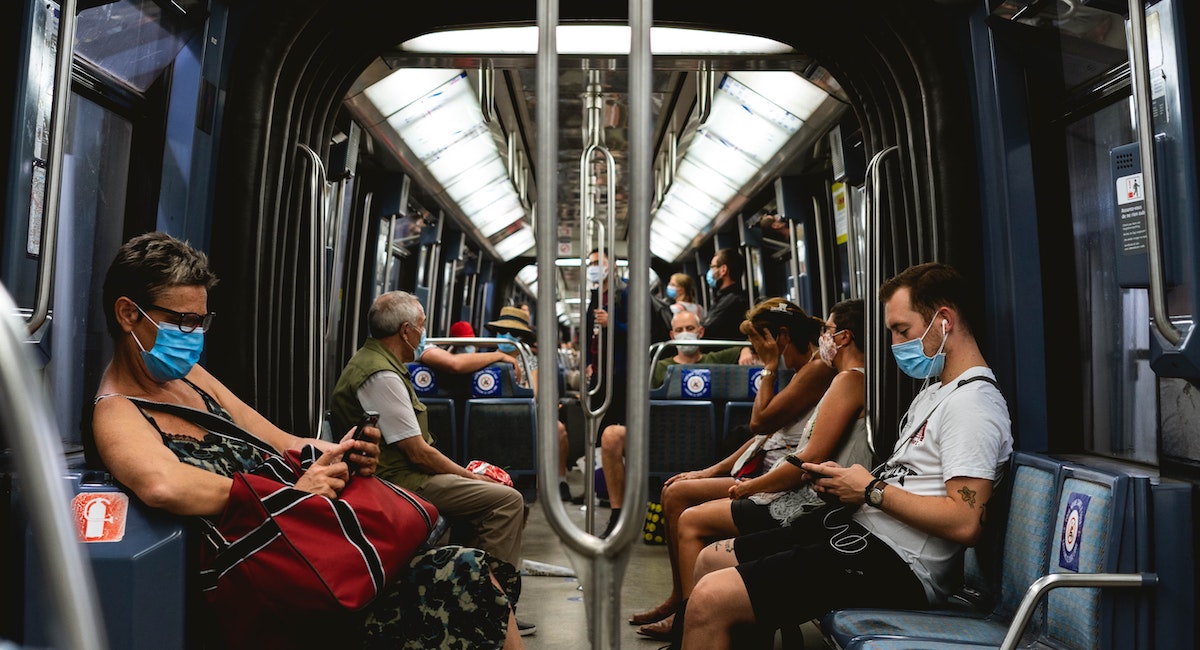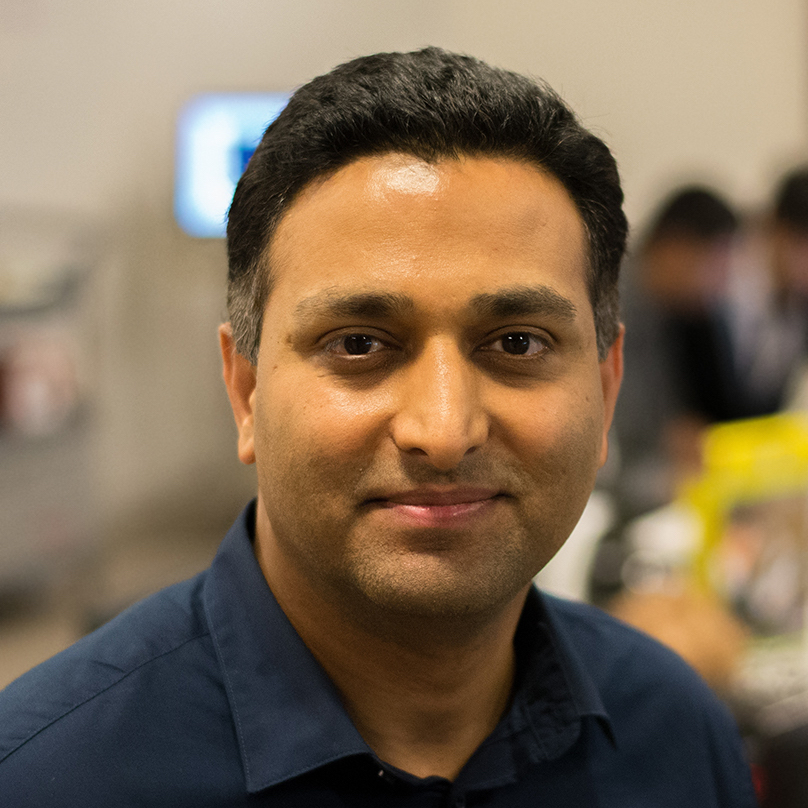
This post is part of the series 5 Questions with COVID Researchers. Hear from researchers across the Northeast United States about how they are working to mitigate the widespread impacts of COVID-19, and learn about opportunities for cross-disciplinary and cross-sector collaboration that could enable further progress in the fight against the pandemic. To learn more about COVID-related research, keep updated with virtual events and funding opportunities, and access other resources including datasets and guides, visit the COVID Information Commons. If you would like to be featured in this series, please email Katie Naum and Helen Yang.
Guest post by Dr. Ramesh Raskar, Associate Professor at MIT and Principal Investigator of NSF Award #2031288, “SafePaths: A privacy-first contact tracing solution for early interventions of COVID-19 spread during the first wave and to minimize the second wave of the epidemic.”
What is the problem you are trying to solve, and how will you and your team address it?
We are designing a public health solution for contact tracing built around digital ecosystems. Our current focus is on improving privacy, user-experience, effectiveness, and adoption of digital contact tracing. With so many issues at forefront, the challenge to solve the contact tracing puzzle is manifold. Some of the existing digital solutions for contact tracing either enable a surveillance state and hurt the privacy of individuals or a certain community. Hence we are solving the problem of designing privacy preserving solutions without hurting utility.
What data are you working with? How will it be used?
The data we are working with is either bluetooth tokens emitted by the users or GPS logs collected for contact tracing. In all of our research as well as actual systems, we do not use or even observe the data uploaded by individuals. The data falls under the jurisdiction of public health authority in our architecture. This data is used by health officials either in a manual or automated way to send exposure notifications to individuals at risk of exposure by a COVID-positive person. The data is always recorded by individuals and stays on their device. When a person tests positive, they upload their data by giving consent to the contact tracing system through the app we have designed. This data is private and stays on either a public health server or a third-party server to be downloaded by healthy/susceptible individuals to check whether they have been exposed by a disease carrier or not.
Is your team seeking collaborators, subject matter experts, or other resources that you’d like to put a call out for?
Yes, our effort is largely open-source and publicly available for use, and hence we are actively looking for collaborators in the domain of privacy and public health.
How does this work contribute to the fight against the pandemic?
Contact tracing is one of the essential tool which can help in curbing the disease spread and make it possible to reopen the economy in a safe manner. Our work in digital contact tracing is focused towards augmenting the existing manual contact tracing system instead of substituting it. In order to make the whole system ethical and effective, and encourage adoption, we are focusing on the privacy of the individuals.
Where can people learn more about your progress?
People can learn more about our progress by visiting these websites and reach out if they have questions or want to contribute.

Ramesh Raskar is an Associate Professor of Media Arts and Sciences at MIT Media Lab and directs the Camera Culture research group.
